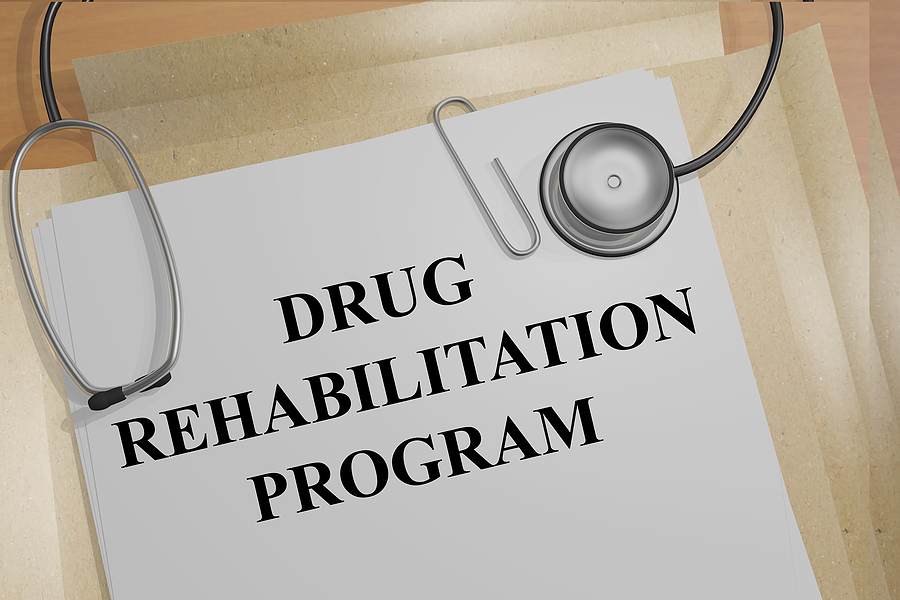Full-time care in inpatient alcohol rehab gives individuals the structure and support they need to overcome alcohol addiction. Residential programs remove outside distractions so clients can concentrate on healing. This guide explains what full-time care includes, how it supports recovery, and what to expect during inpatient rehab.
What Full-Time Care Looks Like in Inpatient Alcohol Rehab
Full-time care in an inpatient setting means 24/7 monitoring and support from trained professionals. Staff respond immediately to medical or emotional crises and provide a safe environment where clients can focus on recovery. Residential care also removes access to alcohol and minimizes exposure to familiar triggers.
Clients receive help from a team of specialists who coordinate care. Physicians, nurses, therapists, and counselors create custom treatment plans that address physical symptoms and mental health concerns. Medical detox, medication, and therapy work together to help clients gain control and stabilize during early recovery.
Benefits of Inpatient Support in a Residential Rehab Setting
Residential rehab gives clients structure, safety, and space to heal. With no access to alcohol or the stressors of everyday life, individuals can build new habits and focus on their health. Each day includes therapeutic activities that encourage progress and keep the focus on recovery.
Group therapy and peer support play a large role in inpatient care. Clients form connections with others who face similar struggles, which helps reduce feelings of isolation. These sessions build trust, offer accountability, and give individuals new tools to handle stress without alcohol.
How Full-Time Care Improves Long-Term Recovery
Full-time care ensures clients receive consistent guidance throughout treatment. Staff help individuals manage difficult emotions, confront harmful behaviors, and stay focused on their goals. With this kind of support, clients feel empowered to stay engaged and honest in the recovery process.
Custom treatment plans go beyond alcohol use and address mental health issues and trauma. Counseling, behavioral therapy, and holistic services work together to help individuals better understand themselves. This deeper level of care builds a strong foundation for long-term recovery and relapse prevention.
What Happens During Inpatient Alcohol Rehab
Each day in residential rehab follows a structured schedule that includes therapy, medical care, and educational sessions. Clients receive one-on-one counseling, attend group therapy, and participate in activities that promote self-awareness and wellness. This structure helps build consistency and routine.
After admission, clients complete a medical and psychological assessment. This helps staff tailor treatment based on the individual’s health, history, and needs. Those with physical withdrawal symptoms receive medical support to stabilize safely and avoid complications during detox.
Choosing the Right Inpatient Facility
Choosing the right inpatient rehab facility can shape the entire recovery experience. Look for centers that offer full-time medical supervision, evidence-based treatments, and comprehensive support services. Facilities should provide a range of therapies that address both alcohol addiction and mental health concerns.
Take time to ask about treatment methods, staff credentials, and available support after discharge. An effective rehab program should include aftercare planning to help clients transition into everyday life with confidence. A strong rehab program can give you the tools you need to succeed long after treatment ends.
Start Your Recovery with Serenity Treatment Center of Louisiana
If you or someone you love wants to stop drinking, full-time inpatient care can make a difference. Serenity Treatment Center of Louisiana provides safe, structured rehab programs that support lasting recovery. Our team builds individualized care plans for each client, combining medical support, therapy, and long-term recovery tools. Contact the Serenity Treatment Center of Louisiana by calling us at (225) 361-0899 or filling out our online form.










